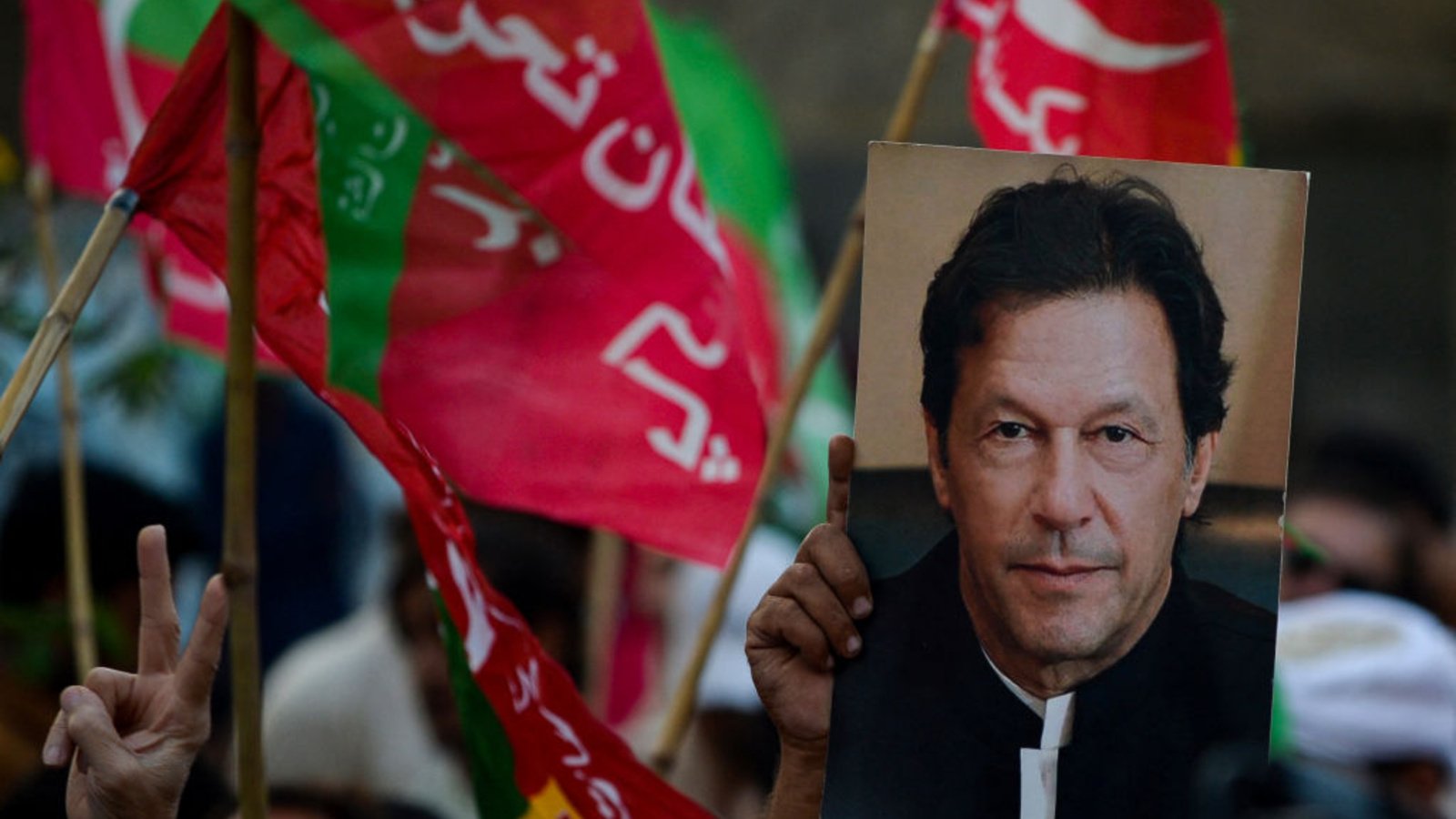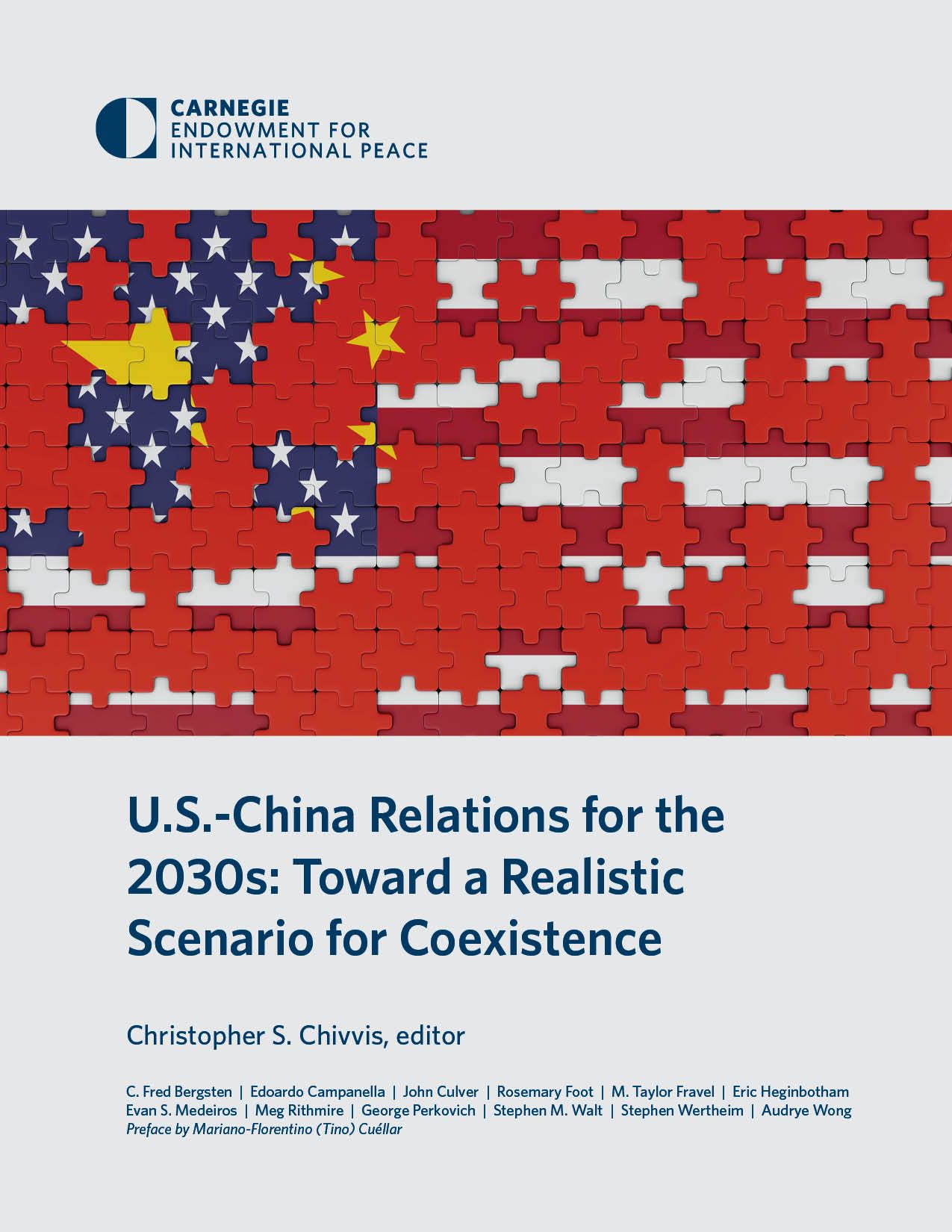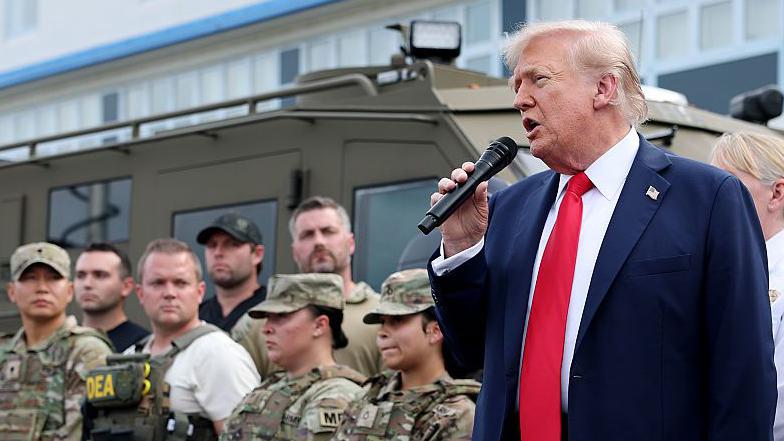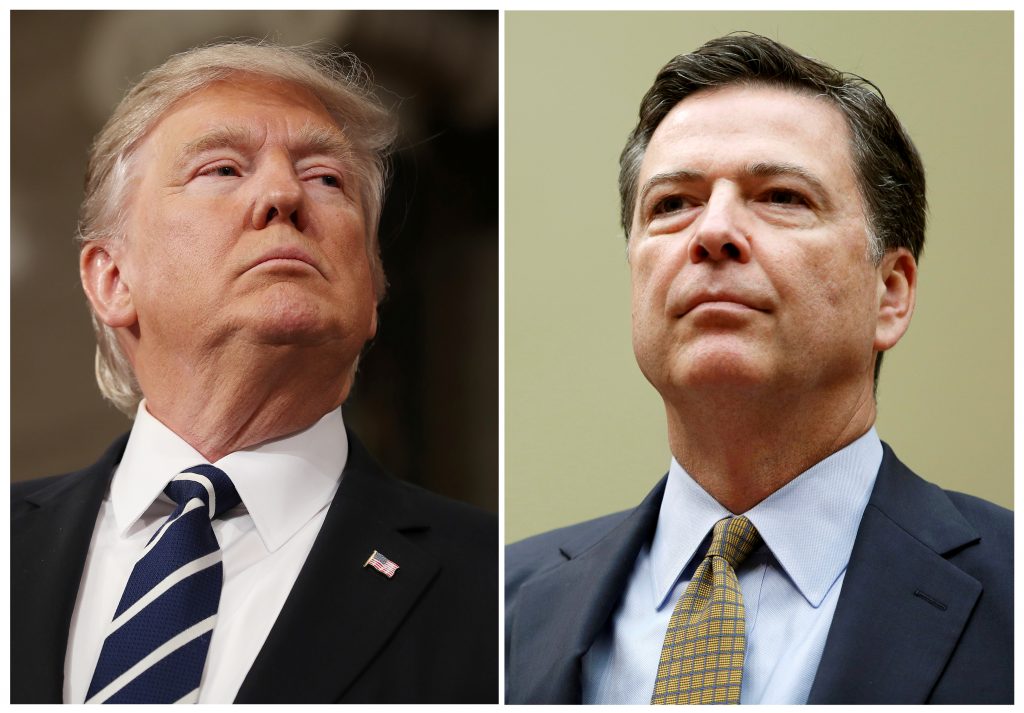Report on Human Rights and Sustainable Development in Balochistan
Introduction
A report from the 7th Global Balochistan Conference in Geneva highlights a call by British Member of Parliament John McDonnell for an end to human rights abuses in Balochistan. The address underscored the severe implications of the ongoing situation on the United Nations Sustainable Development Goals (SDGs), particularly those concerning peace, economic equality, and justice.
Violations of SDG 16: Peace, Justice and Strong Institutions
Key Human Rights Concerns
The situation in Balochistan presents a significant challenge to the achievement of SDG 16, which aims to promote peaceful and inclusive societies. MP McDonnell detailed numerous abuses allegedly committed by Pakistani forces that undermine this goal. These include:
- Arbitrary arrests and detentions
- Extrajudicial killings
- Suppression of fundamental freedoms, including freedom of speech and association
Upholding the Right to Self-Determination
The report emphasizes that the principle of self-determination is a fundamental tenet of international human rights and is crucial for establishing strong, accountable, and inclusive institutions as outlined in SDG 16. The denial of this right is presented as a root cause of instability and conflict in the region.
Economic and Social Disparities Impacting Multiple SDGs
Resource Exploitation and Economic Justice
The address noted the extensive exploitation of Balochistan’s natural resources by the Pakistani government, reportedly in collaboration with China. This practice directly contravenes several SDGs:
- SDG 1 (No Poverty) & SDG 10 (Reduced Inequalities): The exploitation has reportedly led to widespread poverty and suffering among the Baloch people, exacerbating inequalities as the local population does not benefit from the resource wealth.
- SDG 8 (Decent Work and Economic Growth): The current model of resource extraction fails to promote inclusive and sustainable economic growth or provide decent work for the local populace.
Proposed International Actions and SDG 17: Partnerships for the Goals
A Strategic Approach for International Pressure
In alignment with SDG 17, which calls for global partnerships to achieve sustainable development, MP McDonnell outlined a multi-pronged strategy to leverage international cooperation. The objective is to compel Pakistan to address the human rights situation in Balochistan. The proposed actions include:
- Informing and mobilizing members of the UK Parliament to apply consistent pressure on government ministers.
- Urging the UK government to acknowledge its historical responsibilities and utilize its diplomatic channels more effectively.
- Leveraging economic tools, such as aid conditionality and trade relations, to advocate for the protection of human rights.
- Developing a coherent, bilateral strategy and collaborating with European partners to build a unified international front.
Conclusion
The report concludes with a firm call for international partnership and action. It stresses that the global community, particularly nations like the United Kingdom, has a responsibility to use its influence to protect fundamental human rights and ensure that the principles of the Sustainable Development Goals are upheld for the people of Balochistan.
Analysis of Sustainable Development Goals in the Article
1. Which SDGs are addressed or connected to the issues highlighted in the article?
-
SDG 16: Peace, Justice and Strong Institutions
- The article’s central theme is the call to end “human rights abuses in Balochistan by Pakistani forces.” This directly relates to SDG 16, which aims to promote peaceful and inclusive societies, provide access to justice, and build effective, accountable institutions. The text highlights a lack of justice and the violation of fundamental freedoms such as the “right to life, freedom of association, freedom of speech.”
-
SDG 1: No Poverty
- The article explicitly mentions the “poverty and suffering endured by the Baloch people” as a direct consequence of the “exploitation of natural resources by the Pakistani government.” This connects the political and human rights issues to the economic well-being of the population, aligning with SDG 1’s goal to end poverty in all its forms.
-
SDG 10: Reduced Inequalities
- The issues described point to significant inequalities. The Baloch people are portrayed as a marginalized group whose resources are exploited without their benefit, and whose fundamental rights are violated. The call for the “right to self-determination” is a call to address the political and economic inequality faced by the people of Balochistan, which is a core principle of SDG 10.
-
SDG 17: Partnerships for the Goals
- The article details efforts by a British MP, John McDonnell, to form international partnerships to address the situation. He mentions working with “Baloch organisations in the UK” and applying “international pressure on Pakistan” through bilateral and European partnerships. This use of international cooperation, aid, and trade relations to achieve human rights and development goals is central to SDG 17.
2. What specific targets under those SDGs can be identified based on the article’s content?
-
Target 16.1: Significantly reduce all forms of violence and related death rates everywhere.
- This target is relevant as the article discusses placing the names of those “tragically killed” before ministers. The call to defend the “right to life” directly addresses the need to reduce violence and death rates in the region.
-
Target 16.3: Promote the rule of law at the national and international levels and ensure equal access to justice for all.
- The call to end “human rights abuses by Pakistani authorities” implies a breakdown of the rule of law and a lack of access to justice for the Baloch people. The entire campaign described in the article is an effort to hold authorities accountable and restore justice.
-
Target 16.10: Ensure public access to information and protect fundamental freedoms, in accordance with national legislation and international agreements.
- The article explicitly states that the approach must include “defending the… freedom of association, freedom of speech.” This directly aligns with the protection of fundamental freedoms outlined in Target 16.10.
-
Target 1.1: By 2030, eradicate extreme poverty for all people everywhere.
- The article links the political situation to economic hardship by stating that the exploitation of resources has resulted in “poverty and suffering endured by the Baloch people.” Addressing these abuses is presented as a way to alleviate this poverty, connecting it to Target 1.1.
-
Target 10.2: By 2030, empower and promote the social, economic and political inclusion of all.
- The emphasis on the “principle of self-determination” is a direct call for the political empowerment and inclusion of the Baloch people. The article highlights their current exclusion from decisions regarding their own resources and future.
3. Are there any indicators mentioned or implied in the article that can be used to measure progress towards the identified targets?
-
Indicator related to SDG Target 16.1 (Reduce violence and death rates)
- The article implies a direct indicator by mentioning the practice of “ensuring the names of those who have been arrested, detained, or tragically killed are being placed directly before ministers.” Therefore, the number of individuals arrested, detained, or killed due to the conflict is a clear, albeit grim, indicator for measuring progress. This aligns with official indicators like 16.1.2 (Conflict-related deaths per 100,000 population).
-
Indicator related to SDG Target 16.10 (Protect fundamental freedoms)
- The focus on defending “freedom of association” and “freedom of speech” implies that the number of violations against these freedoms would be a key indicator. Documenting cases where these rights are suppressed for activists, political figures, and the general population would measure the state of fundamental freedoms. This relates to indicator 16.10.1 (Number of verified cases of killing, kidnapping, enforced disappearance, arbitrary detention and torture of journalists, associated media personnel, trade unionists and human rights advocates).
-
Indicator related to SDG Target 1.1 (Eradicate poverty)
- While the article does not provide statistics, it directly links resource exploitation to “poverty and suffering.” An implied indicator to measure progress would be the poverty rate or the Human Development Index (HDI) within Balochistan. A reduction in poverty levels would indicate that the benefits of the region’s natural resources are being more equitably distributed. This relates to indicator 1.1.1 (Proportion of population below the international poverty line).
Summary of Findings
| SDGs | Targets | Indicators |
|---|---|---|
| SDG 16: Peace, Justice and Strong Institutions |
|
|
| SDG 1: No Poverty |
|
|
| SDG 10: Reduced Inequalities |
|
|
| SDG 17: Partnerships for the Goals |
|
|
Source: thehansindia.com






